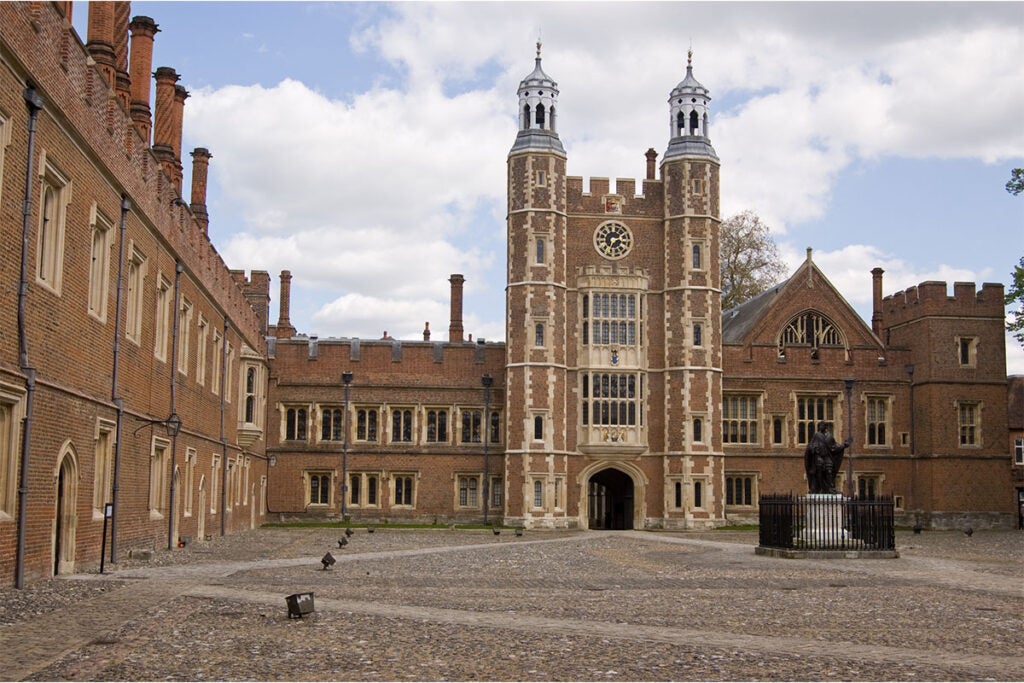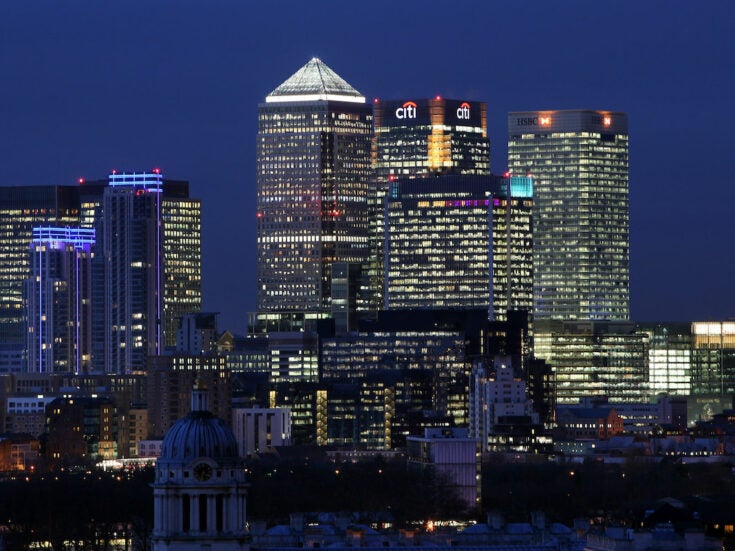
Labour’s proposed VAT levy on private school fees will lead to as many as one in four children of wealthy families being withdrawn from the private school system, according to a new report.
Under the plans, leading schools like Harrow and Cheltenham Ladies’ College would have their VAT exemptions scrapped, increasing fees by 20 per cent. A parent paying the roughly $63,600-a-year fees for Eton College could end up paying more than $75,000 under the new regime.
[See also: The 25 best UK senior schools in 2024]
The date this policy will be implemented will be guided by the date of the general election, which has yet to be confirmed. However, there is a chance that parents could be expected to absorb the higher fees with just a few months’ notice.
A strain on affluent families

The Saltus Wealth Index Report, which interviews 2,000 respondents with at least £250,000 in investable assets, found that 26 per cent of parents would be ‘forced to remove their child or children’ from private school in favour of a state education if Sir Keir Starmer’s policy came into effect. This is far higher than the 5 per cent drop in private school attendees projected by the Labour Party in its 2019 manifesto.
A further 50 per cent of Saltus respondents said they would have to make changes in order to keep their child or children in private education. Roughly half of this cohort said they would cut costs by changing their child from a boarding pupil to a day pupil. This represents a significant saving. At Brighton College, for example, boarding fees are $63,300–$67,000, while day fees are $27,900–$38,500. Approximately the same number of parents said they would remove their child from their current private school in favour of one that is less expensive.
Just 24 per cent said they would be unaffected by the VAT levy on private school fees and would continue with their child’s current educational path.
How many pupils would leave?
This poses problems for Labour, for private schools, and for the state education system.
[See also: Introducing the Spear’s Schools Index 2024]
Labour claims the move will raise money for the public purse, citing figures from the Institute for Fiscal Studies (IFS) which estimates that removing the 20 per cent tax exemption for private schools would generate about £1.6 billion a year in extra tax revenue. However, the sums only work if there isn't a mass withdrawal from the private school system.
Educational consultancy Baines Cutler predicted in a 2018 report that as many as a quarter of pupils could make the switch, which more closely aligns with the Saltus Wealth Report findings.
[See also: The business of education: the question of VAT on private school fees]
In June 2023, research by educational think-tank EDSK found that if a quarter of pupils switched from private schools, the government might raise only a net £19 million.

Meanwhile, private school headteachers have already expressed their misgivings at the scheme, explaining they could be forced to try and plug funding gaps if pupil numbers were to drop.
A squeeze on state schools
The shift would also place a far greater burden on already stretched state schools, which could be forced to accommodate a surge in applicants.
Writing in Spear’s, Gareth Parker-Jones, the head of Rugby School, noted that adding VAT ‘would inevitably mean that some hard-working parents are driven from the sector’.
He added: ‘Their children would then need to be educated by an already stretched state education system. Far from raising income for the Treasury, it has been calculated that by Year Five the policy would cost the taxpayer an additional £400 million a year.’
[See also: How much money would Labour’s proposed VAT levy on private schools raise?]
The issue is exacerbated by the rise in private school fees, even without the VAT levy. On average, private school fees increased by 6 per cent from 2022 to 2023 and these are likely to rise by a further 5 per cent for the 2023/24 school year, according to Saltus.
Mike Stimpson, Partner at Saltus, said: ‘According to our latest research, price rises over the past few years are already having a significant impact on parents’ ability to pay and further rises will almost certainly price some families out of private education completely.’






